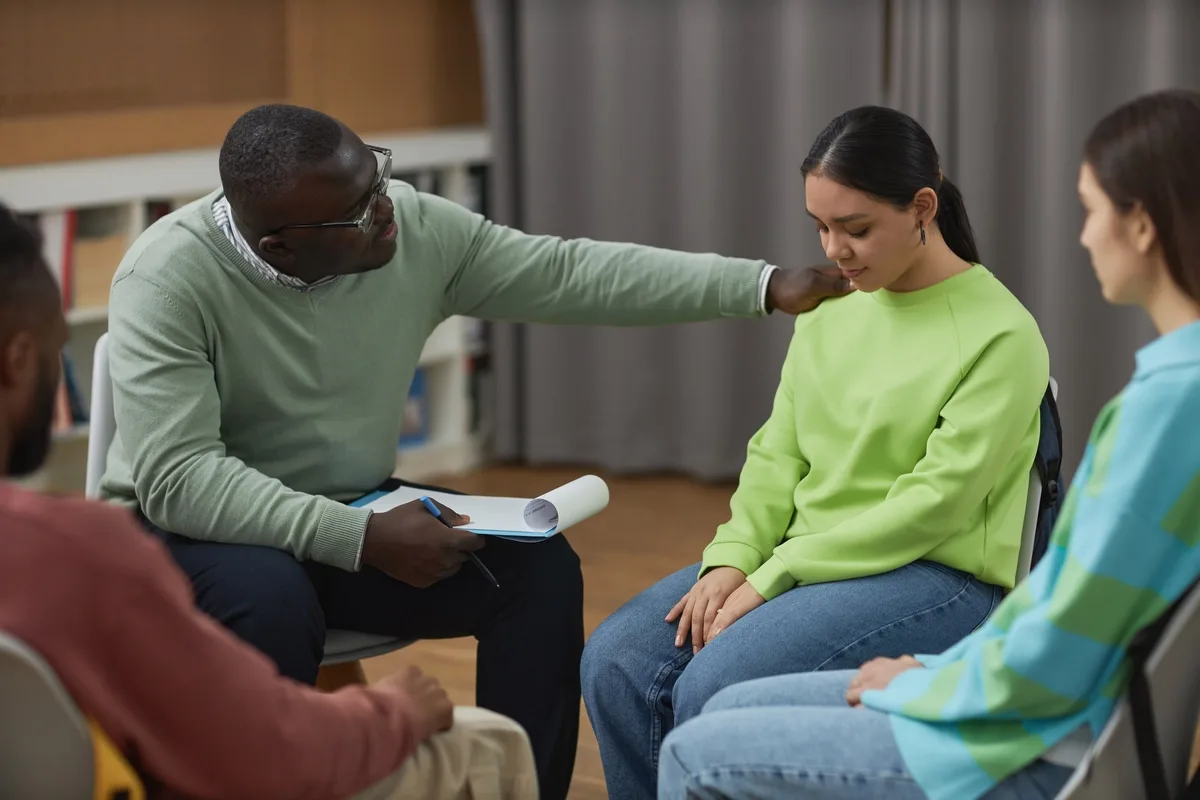24/7 Helpline:
(866) 899-221924/7 Helpline:
(866) 899-2219
Learn more about Ecstasy Detox centers in Howard County
Ecstasy Detox in Other Counties

Other Insurance Options

Sliding scale payment assistance

Group Health Incorporated

Access to Recovery (ATR) Voucher

WellCare Health Plans

EmblemHealth

Medical Mutual of Ohio

MVP Healthcare

Molina Healthcare

United Health Care

Excellus

CareSource

CareFirst

Magellan

Kaiser Permanente

Coventry Health Care

American Behavioral

Highmark

Holman Group

Premera

Self-pay options

JAEL Health Services
JAEL Health Services is a private rehab located in Ellicott City, Maryland. JAEL Health Services spe...




















































































































































































































Counseling Resources
Counseling Resources is a private rehab located in Ellicott City, Maryland. Counseling Resources spe...

Yudaguru Integrative Wellness
Yudaguru Integrative Wellness is a counseling center located in Ellicott City, Maryland. Lead by Abh...

















































































































